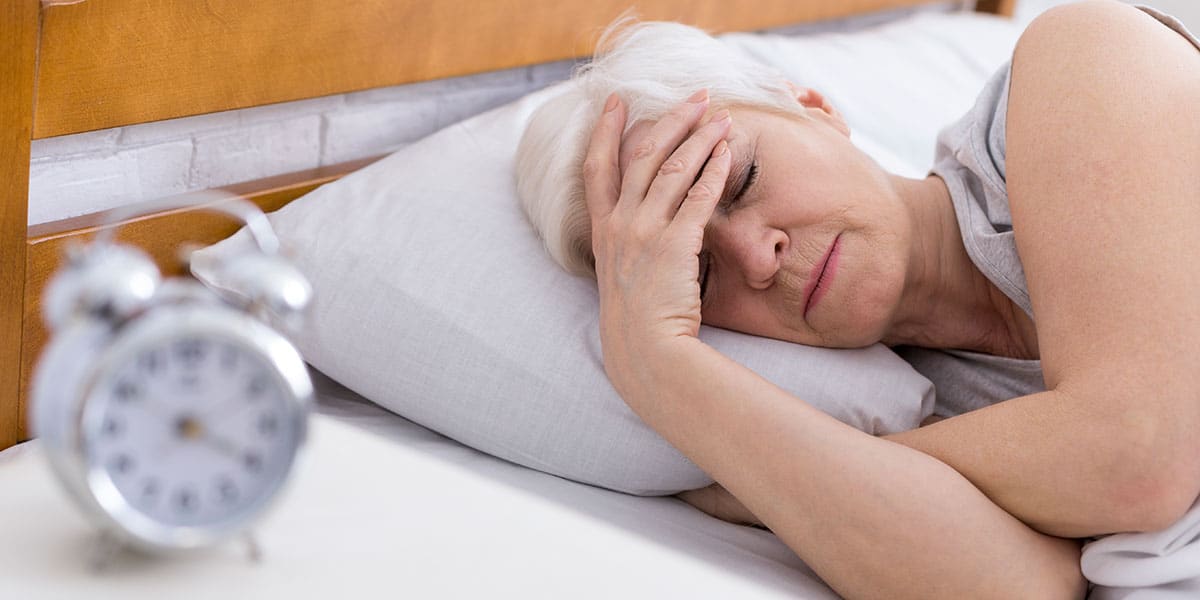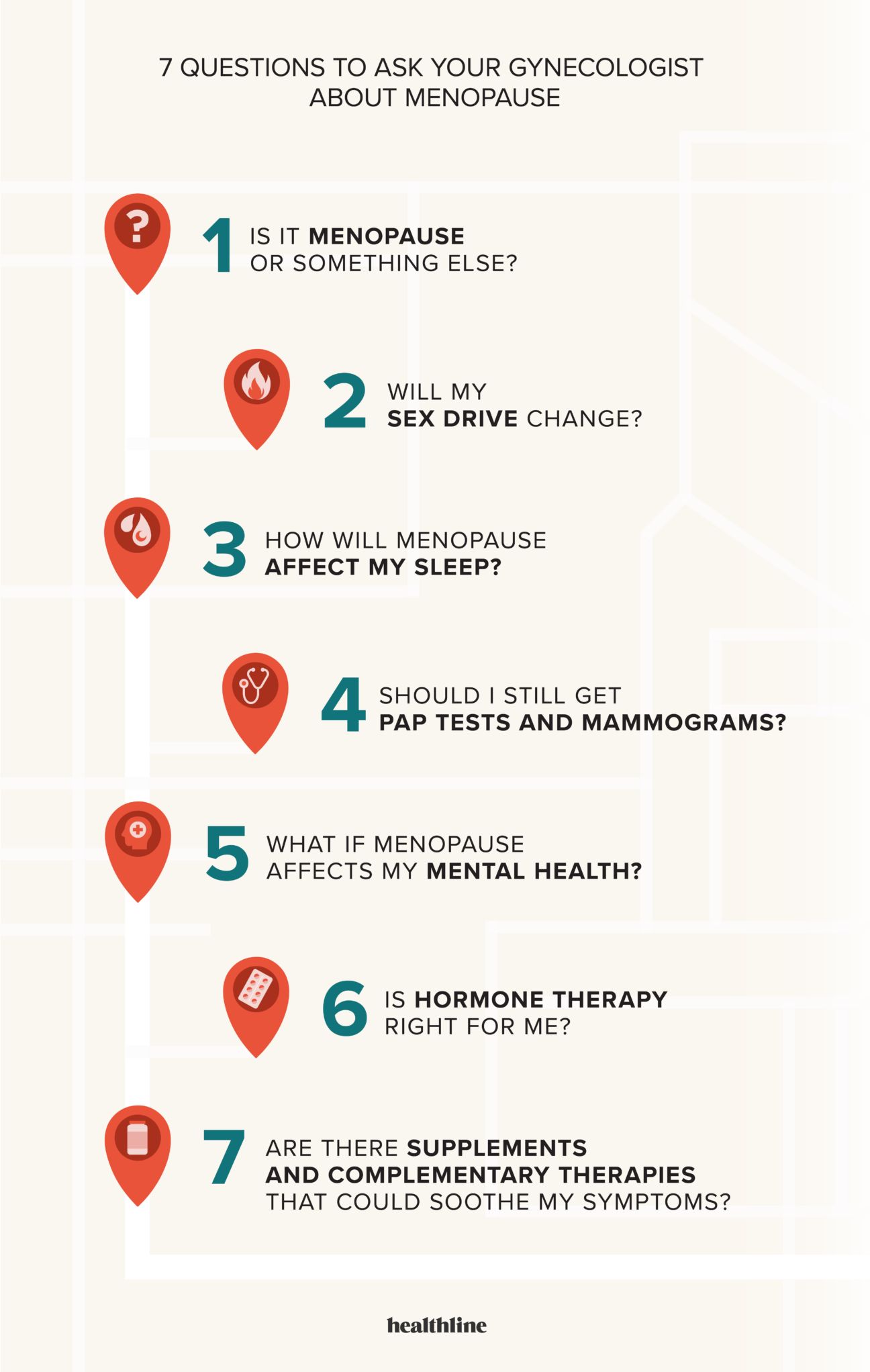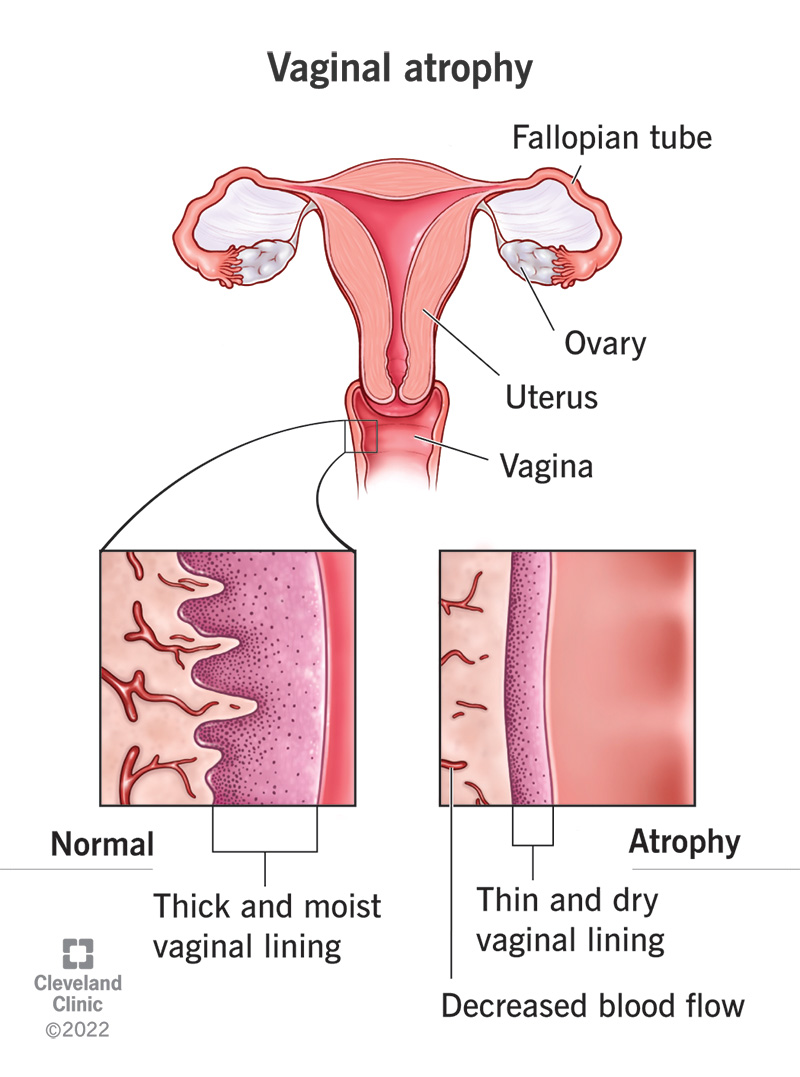Understanding menopause Symptoms and how to cope

Understanding Menopause: Symptoms and How to Cope
Menopause is a natural biological process that marks the end of a woman’s reproductive years. While it is a universal experience, the symptoms and their intensity can vary widely. For women aged 40-55 in the United States, understanding menopause and learning effective coping strategies can significantly improve quality of life. This article explores the symptoms of menopause and practical ways to manage them.

What Is Menopause?
Menopause occurs when a woman has not had a menstrual period for 12 consecutive months, signaling the end of ovulation and fertility. It typically happens between ages 45 and 55 but can occur earlier (premature menopause) or later. The transition leading up to menopause, known as perimenopause, is characterized by hormonal fluctuations that cause various physical and emotional symptoms.

Common Symptoms of Menopause
Menopause symptoms are diverse, ranging from mild to severe. They fall into three main categories: physical, emotional, and urogenital.

Physical Symptoms
-
Hot Flashes and Night Sweats: Sudden waves of heat, often accompanied by sweating, are among the most common symptoms. These episodes can disrupt sleep and daily activities .2 .9.
-
Sleep Problems: Insomnia or frequent waking during the night is often linked to hormonal changes or night sweats .4 .13.
-
Weight Gain: Slower metabolism during menopause can lead to weight gain, particularly around the abdomen .9.
-
Joint Pain and Muscle Aches: Many women experience increased stiffness or discomfort in their joints and muscles .10 .13.
-
Skin Changes: Dry or itchy skin may develop due to reduced estrogen levels .13.

Emotional Symptoms
-
Mood Swings: Hormonal fluctuations can lead to irritability, anxiety, or depressive feelings .9 .13.
-
Memory Problems (Brain Fog): Difficulty concentrating or remembering things is common during menopause .4 .13.

Urogenital Symptoms
-
Vaginal Dryness: Reduced estrogen can cause thinning and dryness of vaginal tissues, leading to discomfort during intercourse .2 .13.
-
Urinary Issues: Increased frequency or urgency in urination and recurrent urinary tract infections may occur .2.
How Long Do Symptoms Last?
Symptoms can begin during perimenopause and persist for several years after menopause. Hot flashes, for instance, may last an average of 7.4 years but could extend beyond a decade for some women .2. Other symptoms like joint pain or vaginal dryness may continue indefinitely if left untreated.

Coping Strategies for Menopause
Managing menopause involves addressing both physical and emotional challenges through lifestyle adjustments, medical treatments, and support networks.

1. Lifestyle Changes
Adopting healthier habits can alleviate many menopausal symptoms:
-
Exercise Regularly: Activities like walking, yoga, or strength training help reduce hot flashes, improve mood, and maintain bone density .1 .4.
-
Balanced Diet: Include calcium-rich foods for bone health and avoid excessive caffeine or alcohol, which can exacerbate hot flashes .5.
-
Stay Hydrated: Drink plenty of water to combat dry skin and maintain overall hydration.
2. Stress Management
Stress can worsen menopausal symptoms. Techniques such as meditation, deep breathing exercises, or engaging in hobbies can help manage stress levels effectively .5.

3. Sleep Hygiene
Improving sleep quality is crucial for managing fatigue:
-
Keep your bedroom cool and dark.
-
Avoid screens before bedtime.
-
Develop a consistent sleep schedule .4.

4. Medical Interventions
For severe symptoms that disrupt daily life:
-
Hormone Replacement Therapy (HRT): HRT can relieve hot flashes and vaginal dryness but comes with potential risks. Consult your doctor to weigh the benefits against the risks .4.
-
Non-Hormonal Medications: Options like antidepressants may help with mood swings or hot flashes in women who cannot take HRT.

5. Natural Remedies
Some women find relief using dietary supplements such as black cohosh or soy isoflavones. However, always consult with a healthcare provider before starting any supplement regimen .5.

6. Support Networks
Connecting with others experiencing menopause can provide emotional support. Consider joining local or online support groups to share experiences and coping strategies .6.









